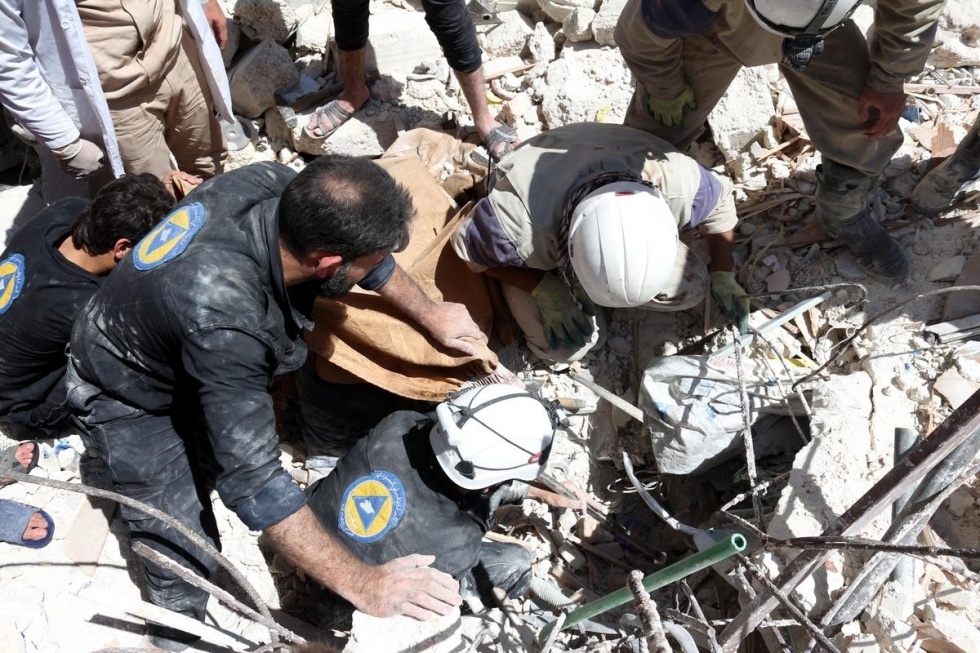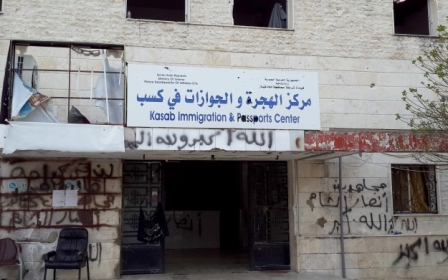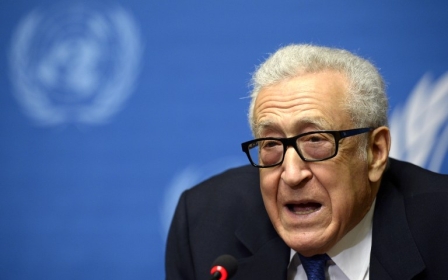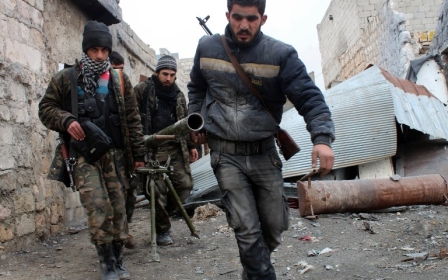Syrian regime launches deadly barrel bomb attacks in Aleppo

The Syrian regime stepped up its deadly barrel bombs attacks on opposition-held areas of Aleppo on Monday with reports saying dozens had been killed in just one day.
Casualty estimates vary but Turkish news agency Anadolu suggesting that 36 people had been killed by regime helicopters that dropped barrel bombs on the rebel-held Sukkari district of north-west Aleppo as well as Ashrafiyeh district 10 kilometres north of Sukkari.
The Syrian Revolution General Commission - a coalition of 40 Syrian opposition groups - released a statement after the attack saying that the assault targeted a marketplace, and that women and children were among those killed.
The British-based Syrian Observatory for Human Rights distributed gruesome images from the scene of the attacks on Sukkari, where 24 people were reportedly killed.
Observatory director Rami Abdel Rahman said the first attack in Sukkari created chaos, with residents and medics rushing to the scene to help.
Several minutes after the first attack, a second bomb was dropped on the same site, hitting those who had rushed to help the injured.
Another six people reportedly died in a separate barrel bomb attack in a rebel-held area in Ashrafiyeh neighbourhood, in the north of the city.
According to the anti-government monitoring group, helicopters also bombed other parts of Aleppo on Monday, as civil defence teams undertook rescue operations after the attack in Sukkari.
Syrian warplanes also destroyed a hospital in Tel Rifaat, a northern district of Aleppo governorate, according to the Local Co-ordination Committee of Syria.
Back in December 2013 UN Secretary-General Ban Ki-moon condemned the Syrian regime’s use of barrel bombs, which he said add “yet another appalling dimension to the fighting.”
New MEE newsletter: Jerusalem Dispatch
Sign up to get the latest insights and analysis on Israel-Palestine, alongside Turkey Unpacked and other MEE newsletters
Middle East Eye delivers independent and unrivalled coverage and analysis of the Middle East, North Africa and beyond. To learn more about republishing this content and the associated fees, please fill out this form. More about MEE can be found here.




